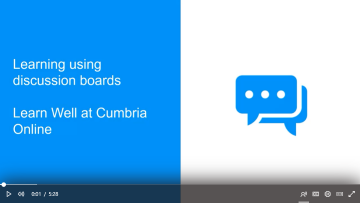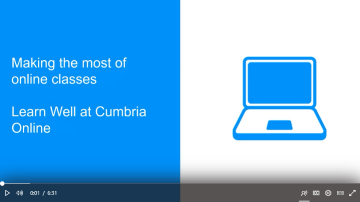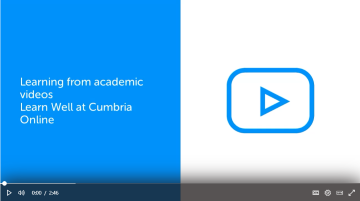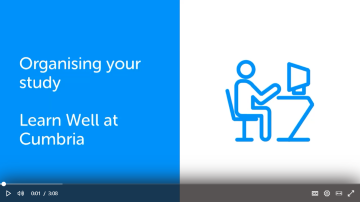Blackboard Ultra is the Virtual Learning Environment (VLE) used at the University of Cumbria. This is where you will find all your taught modules, teaching materials, presentations, module guides, assignment descriptions and assignments submission areas (Turnitin). Check the announcements area of your module sites for any updates from your tutors. These may range from room changes to job opportunities. Blackboard also includes discussion forums used in some courses. Getting familiar with Blackboard at the start of your course will help you feel in control of your learning.
Blackboard is available via the Student Hub, or you can login directly at: https://mylearning.cumbria.ac.uk/
An overview of Blackboard is available on our Blackboard page.
You can find out about alternative formats and accessibility options within Blackboard by accessing our Blackboard Ally page.




